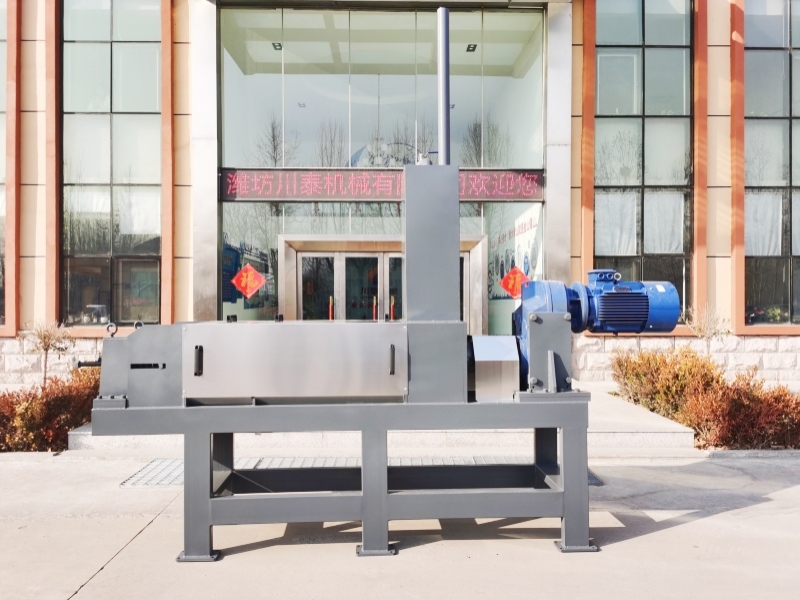
Introduction:
In modern agriculture, effective waste management is paramount for sustainable farming practices and environmental conservation. Manure, a valuable byproduct of livestock operations, contains essential nutrients for crops but can also pose challenges if not properly managed. Manure dewatering equipment offers a range of advantages in agricultural applications, facilitating the separation of liquid and solid components from manure. This article highlights the key benefits of using manure dewatering equipment in agricultural settings.
Improved Nutrient Management:
One of the significant advantages of manure dewatering equipment is its ability to efficiently separate liquid and solid components. By reducing the water content in manure, the equipment concentrates nutrients like nitrogen, phosphorus, and potassium in the dewatered solid fraction. This nutrient-rich solid material can then be utilized as organic fertilizer, promoting better nutrient management in crop cultivation. By recycling nutrients back into the soil, agricultural operations reduce reliance on synthetic fertilizers and improve soil health.
Reduced Environmental Impact:
Manure, when not managed properly, can lead to environmental pollution through leaching and runoff. Manure dewatering equipment helps minimize the environmental impact of manure by separating the liquid fraction, which is often the major source of pollutants. By removing excess water, the concentration of harmful substances such as ammonia, pathogens, and heavy metals is reduced. This results in lower emissions of greenhouse gases, decreased water pollution, and improved overall environmental quality.
Easier Handling and Transport:
The dewatering process significantly reduces the volume of manure, making it more manageable and cost-effective to handle and transport. Dewatered manure is less bulky and easier to store and transport, reducing the need for large storage facilities and transportation expenses. This not only saves resources but also reduces the logistical burden associated with manure management on the farm.
Enhanced Biogas Production:
For farms utilizing anaerobic digesters to produce biogas, manure dewatering equipment is a crucial step in the process. Dewatering increases the concentration of organic matter in the solid fraction, which enhances the efficiency of anaerobic digestion. As a result, the biogas yield from the digester is increased, providing a renewable energy source for the farm and reducing reliance on fossil fuels.
Odor Control:
The removal of excess water from manure during the dewatering process contributes to odor reduction. Foul odors associated with manure are largely due to the decomposition of organic matter in the presence of water. By dewatering the manure, the decomposition process slows down, resulting in reduced odor emissions. This creates a more pleasant working environment for farm staff and nearby communities.
Conclusion:
Manure dewatering equipment offers numerous advantages in agricultural applications, from improved nutrient management and reduced environmental impact to easier handling and transport. By separating liquid and solid components, the equipment enables nutrient-rich organic fertilizer production and enhances biogas generation. Additionally, dewatering reduces odor emissions, contributing to a healthier and more sustainable agricultural environment. As the demand for eco-friendly waste management solutions continues to grow, manure dewatering equipment stands as a valuable asset in promoting responsible farming practices and fostering a greener and more sustainable future for agriculture.




If your company wants to establish a business relationship with us, please briefly describe the cooperation intention and send an email to:chuantaiscrewpress@gmail.com























































































![[list:title]](/static/upload/image/20240528/1716877114510915.jpg)